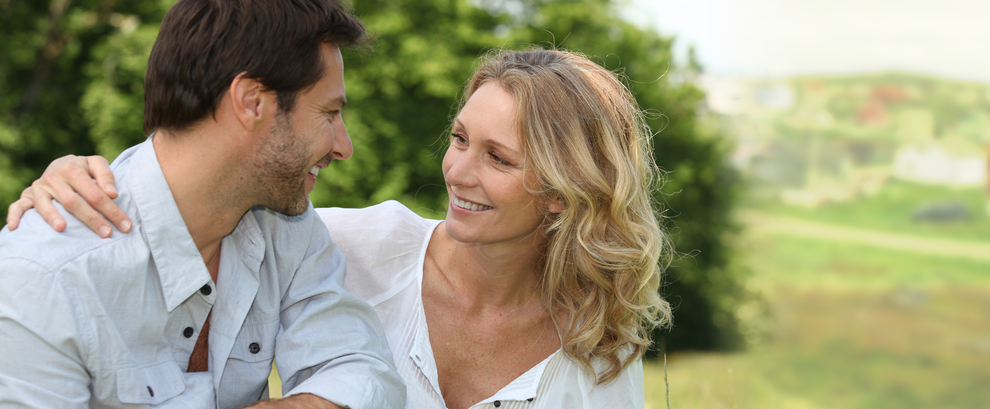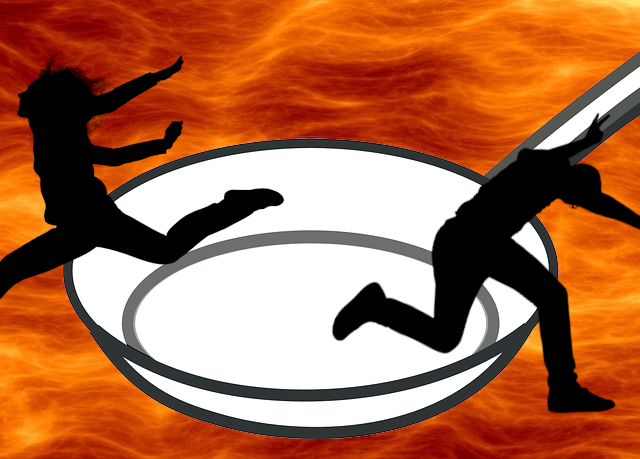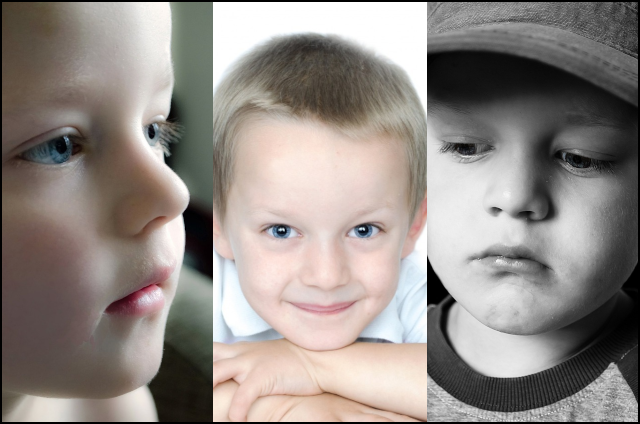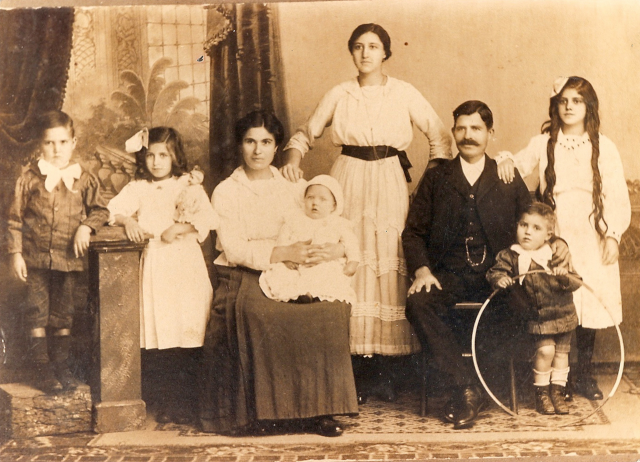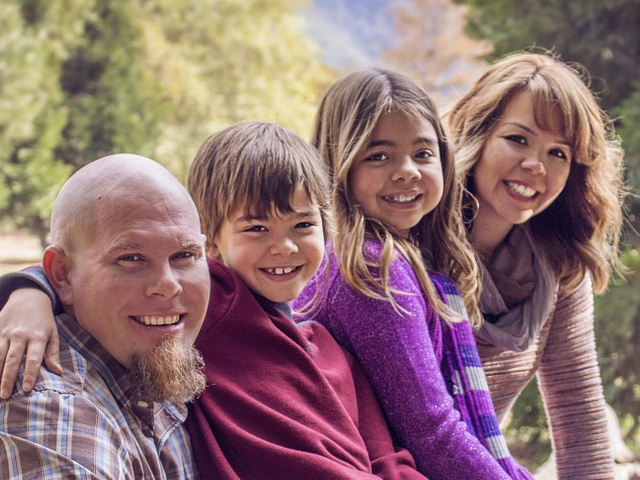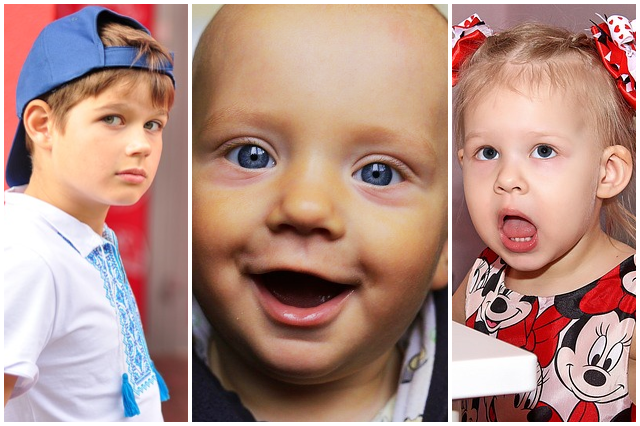The third relationship stage is about discovering not only who you can be as a couple, but who you can be as an individual within it.
When you can resist the pull back to the stage of exclusive attachment, you can reestablish your own identity, which must exist independently of your relationship if it is to be a healthy one.
Where, Exactly, Do I Begin and End?
Therefore, this stage is about you moving from an undifferentiated “we” back to an individual “me.”
In this stage, the “we” part of you continues to be reassessed, while the balance continues to tip more and more in favor of each partner’s further exploration of their separateness within the relationship...
Read More


